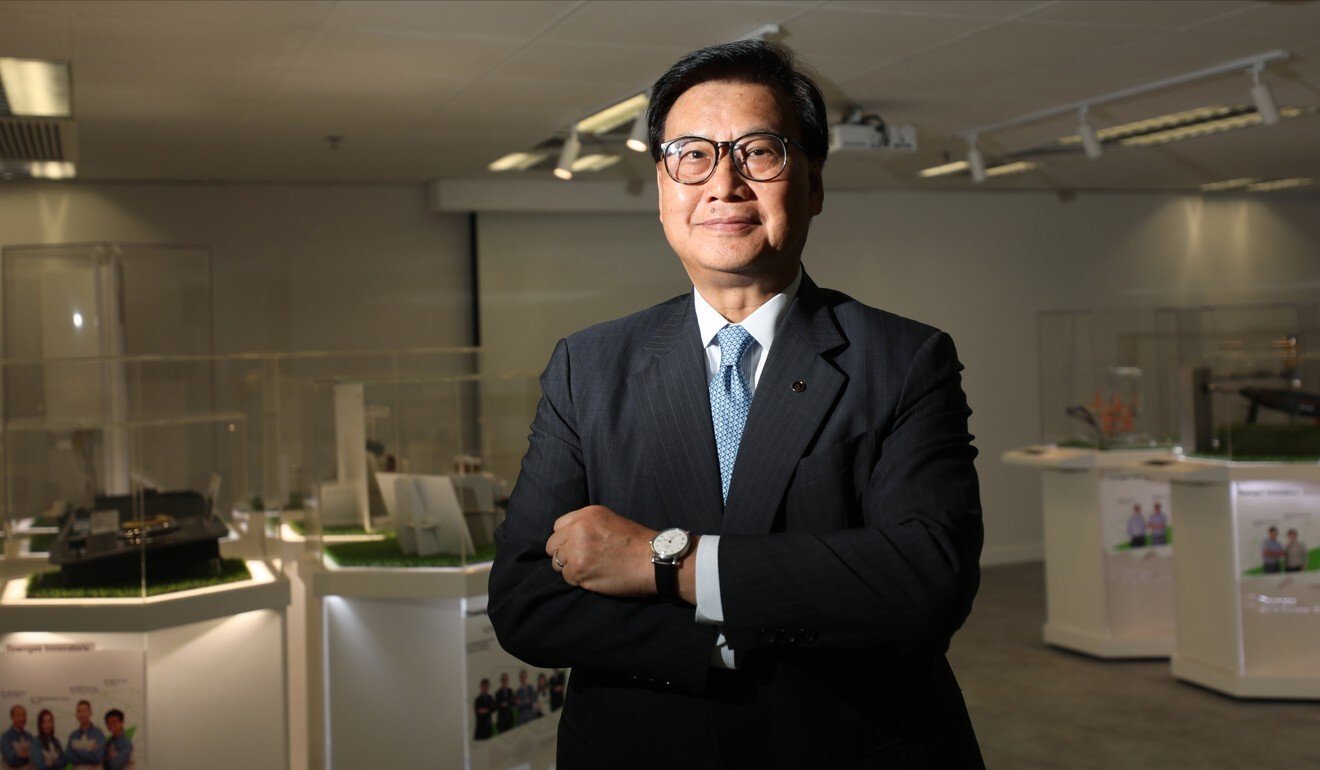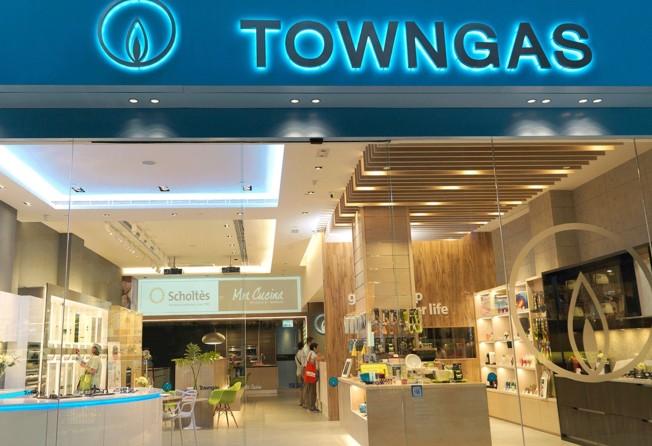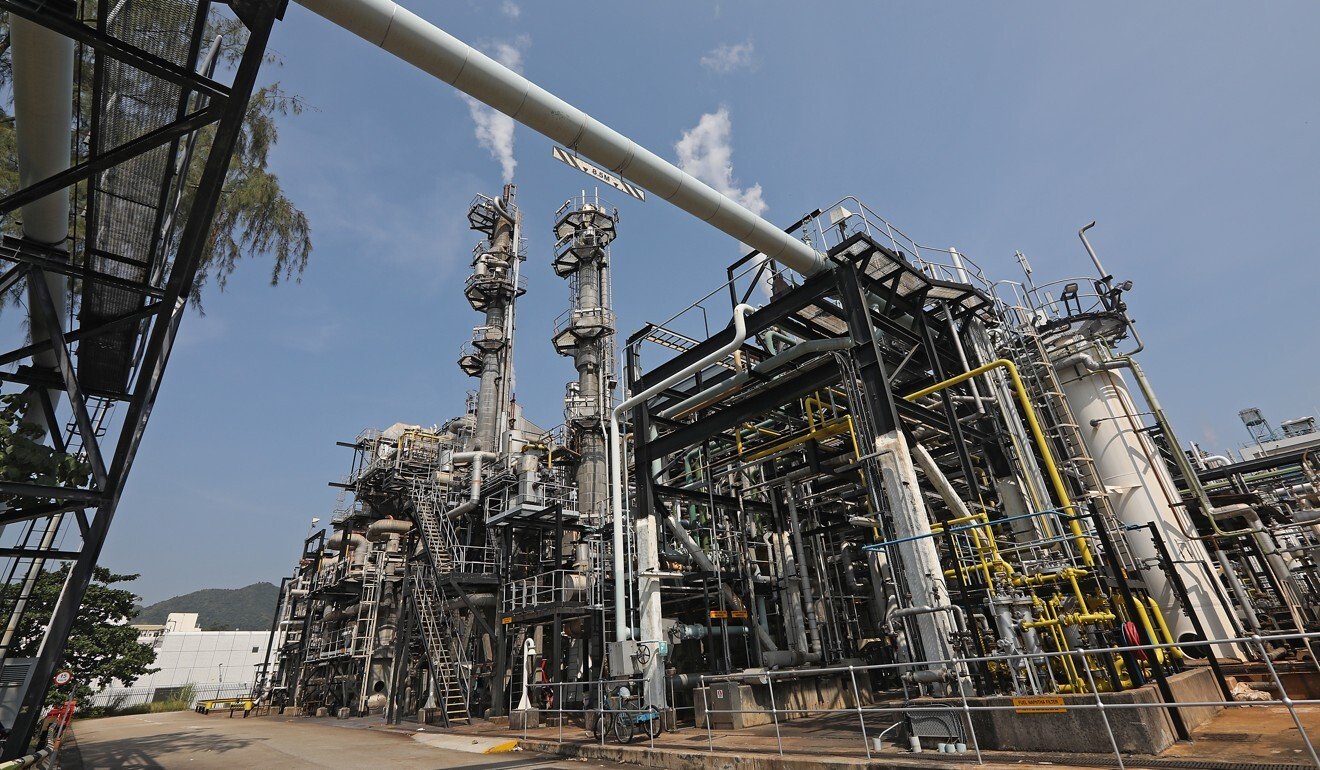
Towngas eyes waste-to-energy projects in Greater Bay Area as China pushes for environmentally friendly development
- Towngas plans to expand its presence in the Greater Bay Area’s water supply, waste water treatment, municipal waste processing and waste-to-energy businesses
- Plans are under way to move into the waste-to-energy business in Changzhou and expand current operations in Suzhou

After making its first foray into the mainland three decades ago, Hong Kong and China Gas (Towngas) is again seeking opportunities – but this time in the Greater Bay Area and in fields outside its core gas distribution business.
The company, which dominates the city’s piped gas industry and has invested in five city-gas distribution projects in Shenzhen, Guangzhou, Zhongshan and Foshan, plans to expand its presence in the bay area’s water supply, waste water treatment, municipal waste processing and waste-to-energy businesses.
“In 1997, the mainland Pearl River Delta cities’ gross domestic product was only one-third that of Hong Kong, and last year, the city’s GDP was one-third that of the other delta cities,” managing director Alfred Chan Wing-kin said in an exclusive interview.
“The labour-intensive, factory-of-the-world, economic model has now given way to innovation-driven industries and more environmentally friendly development … we can leverage our brand recognition and connections built through our city-gas projects to get into these other industries.”

Chan joined Towngas in 1992 and the group made its first investment in mainland China in 1994, taking a majority stake in a city-gas company in Panyu, one of Guangzhou’s 11 districts. It invested in another gas distribution joint venture in Zhongshan – north of Macau – the following year.
In October 2018, it made its maiden investment in water services in the bay area, paying 550 million yuan (US$78.6 million) for a 26 per cent stake in Foshan Water Environmental Protection – a former state-owned enterprise that introduced new investors in 2017 as part of SOE reform.
Foshan, west of Guangdong province’s capital Guangzhou, has a population of 7.3 million. Foshan Water, which has 15 freshwater plants serving over 800,000 customers and eight waste water treatment facilities, has plans to expand into other bay area cities, Chan said.
The Greater Bay Area was first promoted by China in 2017 as a regional development strategy for Hong Kong, Macau and nine mainland cities. It aims to foster innovation and quality economic growth in the region that has over 70 million people, through greater economic integration and easier cross-border flows of capital and talent. The goal is to boost the region’s economic clout to rival other “bay areas” such as those in Tokyo, New York and San Francisco.

02:35
China's ambitious plan to develop it own ‘Greater Bay Area’
At the end of last year, it had over 130 natural gas distribution projects in mainland China cities, which deliver the clean-burning fuel to help fight air pollution caused by coal.
It also has seven water and waste-water projects, besides various gas pipeline, meter manufacturing and telecommunications operations. Its mainland operations serve some 30 million customers and contributed to around 60 per cent of its overall profit.
As consumers in the bay area and the Shanghai-led Yangtze River Delta – where Towngas also has a major presence – have become wealthier, the municipal waste generated too has increased, but so has their desire for cleaner air and environment, Chan said.
After venturing into the water supply and waste water treatment business in 2005 in Suzhou, Jiangsu province, Towngas now operates seven such projects in Jiangsu and Anhui provinces.

Early last year it started trial operation at its first organic waste processing project in Suzhou. Helped by over 30 waste collection trucks, it can handle 500 tonnes of food and plant waste and landfill leachate daily for conversion into natural gas, oil products and solid fuel for use in an industrial estate.
“We are now expanding these waste conversion businesses into Changzhou in Jiangsu,” Chan said, adding that there are also plans to expand the Suzhou project.
Expansion in non-gas businesses would help Towngas diversify its business risks.
Affected by the coronavirus pandemic that hit industrial and commercial gas demand, Towngas expects gas sales volume to fall 2 to 3 per cent this year in Hong Kong, while growth in mainland China is projected to slow to 4 to 5 per cent this year before returning to over 10 per cent next year, executive director Peter Wong Wai-yee said last month.